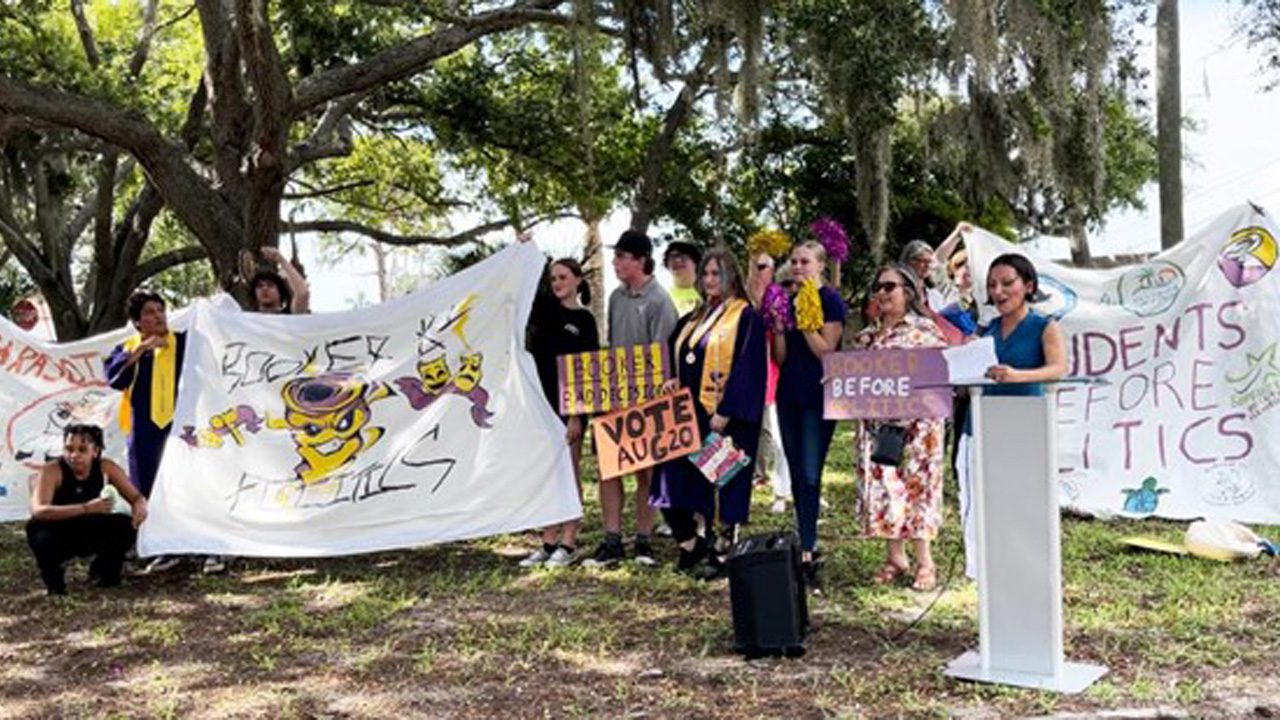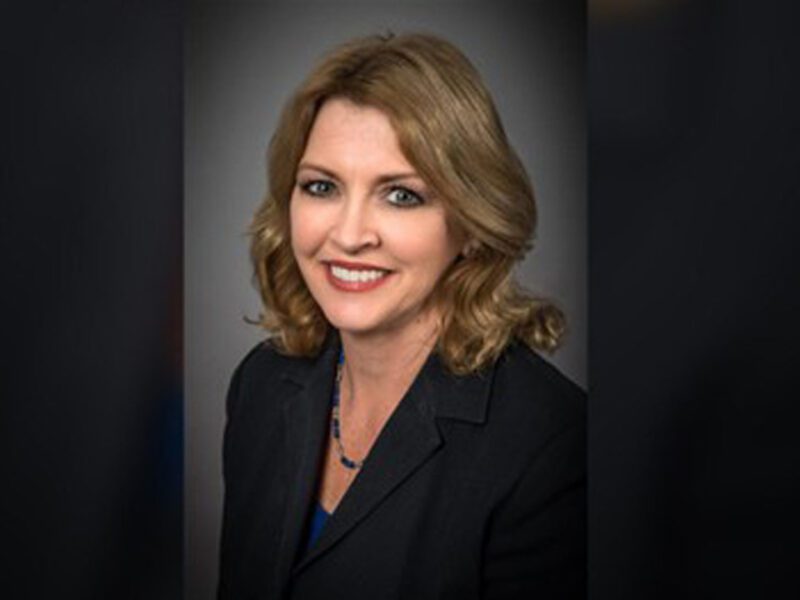Sarasota School Board posts NIL student-athlete policy, approves public comment changes
Herald-Tribune | By Steven Walker | July 17, 2024
As Sarasota’s school board grapples with politics in meetings, the board approved several new policies that revised public comment, began implementing student-athlete endorsement guidelines and reorganized a district department.
The board voted unanimously to begin implementing a new Name, Image and Likeness policy, outlining how Sarasota County’s student-athletes can profit off of their own image. The board will vote on the final approval of the policy at a future board meeting. It also approved a new public comment policy that splits the time into two sections, and an organizational restructuring to establish an Office of Strategic Improvement and Multilingual Learning.
The new department includes positions such as a private school specialist, a grant specialist and a family engagement specialist. The department would oversee the district’s federal funding and grants for English Language Learning students — which was previously overseen by a Budget Services department, Sarasota Schools Superintendent Terry Connor said.

“This will really move us beyond compliance to a more tailored support that we’re strategically allocating our resources,” Connor said.
Board member Robyn Marinelli said she felt the organizational restructuring and new positions were “very much needed.” She added that more support for teachers through this department will help raise the district’s achievement, which Chairwoman Karen Rose echoed.
Allowing student-athletes to profit off their name, image and likeness (NIL) has shifted the amateur athletics landscape nationally since the Supreme Court ruled in favor of it in 2021. The Florida High School Athletic Association voted in June to allow Florida athletes to profit off of NIL endorsements, and the advertised Sarasota Schools policy would keep the district in compliance with state and FHSAA statutes.
The revised public comment policy brings the district back to how public comment was conducted before the current board majority broadened it following their swearing-in almost two years ago. The policy comes as several activist groups have rallied public commenters in waves to speak at meetings dating back to December when news broke of board member Bridget Ziegler’s involvement in a three-way relationship with another woman stemming from a rape investigation into her husband.

Ziegler was not accused of wrongdoing, and the state attorney declined to charge Christian Ziegler.
Public comment changes are among 18 policies revised by the board following a month-long public advertisement. Other policy changes include a locked-door policy in all schools, limitations on book challenges for non-parents/guardians, and other language revisions to bring the district in compliance with state statutes.
The changes to public comment will:
- Split public comments into agenda-based comments before board business and general comments after new business.
- Allocate three minutes for agenda-based comments and two minutes for general comments.
- Give priority in each section to Sarasota County residents, parents and guardians of district students, district employees and district students on a first-come-first-serve basis.
While many in public comment were critical of the changes to public comment, Ziegler expressed her support for the revised policy.
“I will say Mr. Edwards and I agree on the fact that the one policy that we’ve probably discussed more than anything, as a school board, is the public comment policy. Truly,” Ziegler said. “You (Edwards) and I both share that aspect of: I don’t want to talk about it anymore. I just want to move forward.”
She said the new policy prioritizes taxpayers and parents.
Board member Tom Edwards said he voted in support of the changes because it helps him in his role as a board member and helps better inform his votes.
“It just compartmentalizes it in case a constituent comes through the door and says ‘Hey, did you notice a firewall wasn’t protected?’ or ‘Did you know this specific thing needs to be researched?” Edwards said.
Protest and public comment
Before the meeting, the SEE Alliance — a local activism group founded by Pine View alumnus Zander Moricz — rallied students, parents and activists outside of the board chambers to call on the board to put students over politics.
The protesters led chants such as “students first” and “every student, every day” as they rallied against the conservative board majority.
Chairwoman Rose took a point of privilege ahead of public comment to urge the public to leave politics at the door. She criticized press coverage of the school district and said the activists were misleading the public.
“For the first time in my history in this school district you are using this chamber and public comment to run political campaigns for school board seats and misleading the public with misinformation that holds zero evidence,” Rose said.
She added that an attendee was struck at a prior meeting, and said “parents and taxpayers are afraid to attend.”
Several people who spoke during public comment rebutted Rose’s criticism, pointing out that she called those who come to speak at meetings “leftist extremists” in an interview.
Steve Russell said it was ironic that Rose criticized the public commenters for having an agenda, as he said she had a political agenda sitting on the board.
“You saying that was almost like a child saying ‘I know you are, but what am I?’,” he said.
Julie Forestier, a mother and coordinator with the SEE Alliance, said she was concerned that the new public comment policy would be too restrictive.
“This is a way to silence speakers by making public comment more inaccessible,” she said.
Not all who spoke were critical of the board’s decision to split public comment time. Conni Brunni, the chair of the local Moms for Liberty chapter and notable Republican leader, said the change gives people more time to address the board.
Alex Leiberman, a current student at Pine View School, asked the board to not raise school meal prices.
At the board workshop Tuesday afternoon, the district’s food services department presented a plan to slightly raise prices to keep up with rising supply chain costs and to compensate for the loss of federal funds.
“I encourage you to find a better way to fund the school meals to best accommodate all students regardless of income,” Leiberman said.
A vote to finalize meal prices is expected at a future board meeting.






